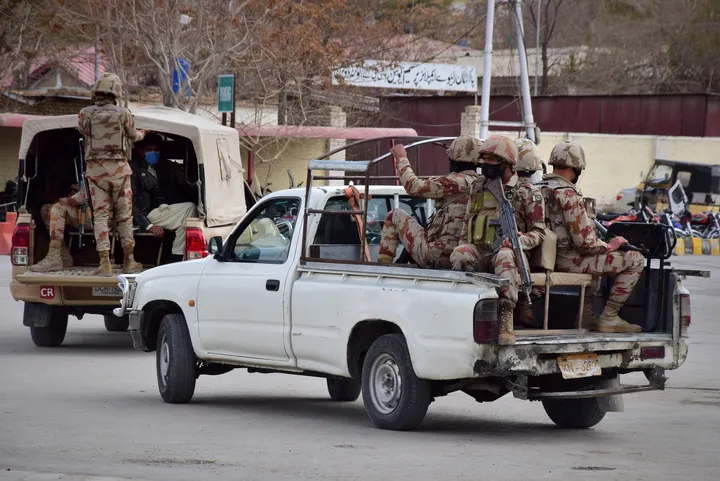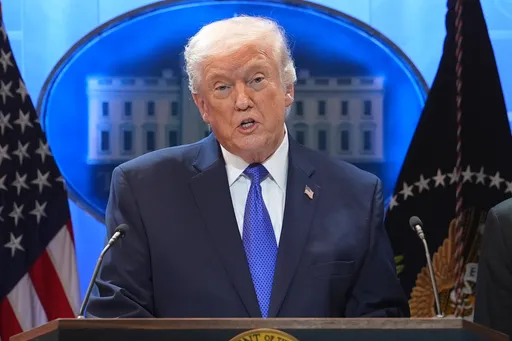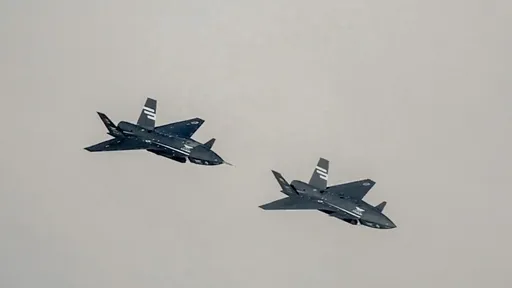The EU Parliament passed a critical decision to punish Saudi Arabia over both the Khashoggi murder and its conduct in the Yemen war by adopting an arms embargo targeting the kingdom.
The decision came through primarily due to pressure from Germany, Belgium, Denmark, Finland, Greece, Italy, and the Netherlands - despite stiff opposition from France and the US.
While the EU Parliament urged all member states of the union to "follow the example of Germany, Finland and Denmark, which, after the killing of the journalist Jamal Khashoggi adopted restrictions on their arms exports to Saudi Arabia," both US President Donald Trump and French President Emmanuel Macron appear to be the biggest obstacles to implement the recently embargo.
Both states have a vested interest in selling weapons to the Gulf.
Trump has repeatedly refused to be part of any weapons embargo policy over Riyadh, saying that “Saudi Arabia is a big buyer of (American) product(s).”
“That means something to me. It’s a big producer of jobs,” the president said during an interview with NBC in mid-2019.
“Take their money. Take their money,” Trump maintained.
While Macron is different from the US president, he is on the same page when it comes to selling weapons to the Gulf.
Macron, who visited both the UAE and Saudi Arabia in May, found Germany’s push for the arms embargo over Riyadh as "demagogic".
He even claimed that any ban on selling weapons to the kingdom and its regional allies would damage "the credibility of the European defence project."
The Yemen war and Western military “products”
In the Yemen war, the UAE-Saudi led coalition’s military intervention, which has used deadly weapons provided by American, British and French states, has led to the world’s worst humanitarian crisis.
The UK, which is on the way to leaving the EU, has been reluctant to impose the Germany-led EU arms embargo.
Last year, the country’s then-foreign secretary Jeremy Hunt wrote an article arguing that conducting an arms embargo over Saudi Arabia and the UAE “would be morally bankrupt and the people of Yemen would be the biggest losers.”
Hunt’s strange assertion puzzled both experts and the public across the board, as every day British-made and other Western-origin weapons continue to kill both civilians and Yemeni fighters alike.
“These claims are fallacious and deeply cynical,” wrote Benedicte Jeannerod and Wenzel Michalski, the two leading directors of the Human Rights Watch (HRW) for the EU Observer last year.
“The reality is that countries that supply weapons to the Saudi-led coalition – having known for years that they may be used in unlawful attacks - risk complicity in committing grave violations of the laws of war,” the authors pointed out.
“The 2008 European Union common position on arms exports, a legally-binding regional arrangement, provides that arms sales should be prohibited if there is "clear risk" that these weapons will be used to commit ‘serious violations of international humanitarian law,’” the authors added.
In Yemen, the UAE-Saudi-led coalition’s human rights violations have been well documented by various rights groups.
“Since March 2015, the coalition has conducted numerous indiscriminate and disproportionate airstrikes killing thousands of civilians and hitting civilian structures in violation of the laws of war, using munitions sold by the United States, United Kingdom, and others,” said the HRW’s World Report 2020 in its Yemen section.























